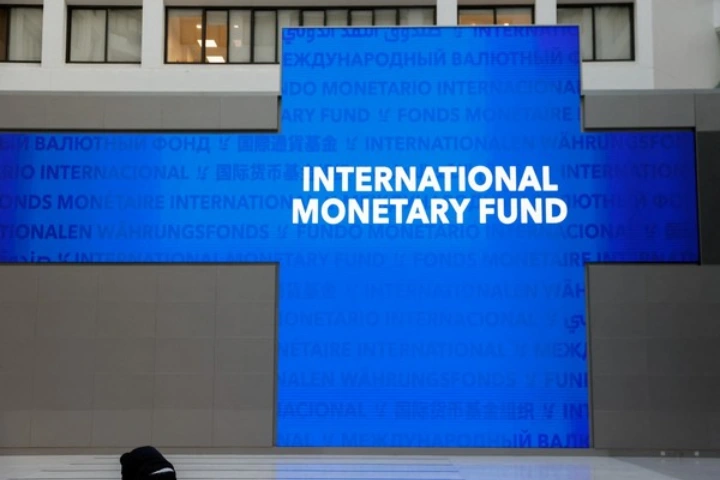

Representative Image (Photo: Reuters)
Economic growth in the Asia Pacific region is better than previously projected but is expected to slow from 5 per cent in 2023 to 4.5 per cent in 2024, according to IMF’s Regional Economic Outlook for Asia and Pacific.
In the Outlook report, the International Monetary Fund said the region remains inherently dynamic and accounts for about 60 per cent of global growth.
The Asia-Pacific region is marked by both resilient growth and rapid disinflation.
Commonly referred to as APAC, the Asia Pacific region is a part of the world defined by its proximity to the Western Pacific Ocean, typically including much of East Asia, South Asia and Oceania.
“Drivers of growth are as heterogenous as the region, straddling from resilient domestic consumption in most ASEAN countries, to strong public investment in China and, most notably in, India, and to a sharp uptick in tourism in the Pacific Island countries,” Krishna Srinivasan, director of the Asia and Pacific Department Singapore, IMF, said in his opening remarks.
Disinflation has advanced throughout the region, albeit at different speeds–in some, it remains above target (Australia and New Zealand), in others, it is at or close to central bank targets (emerging markets and Japan), while in some there are deflation risks (China and Thailand).
“China is a source of both upside and downside risks. Policies aimed at addressing stresses in the property sector and to boost domestic demand will both help China and the region. But sectoral policies contributing to excess capacity will hurt China and the region. Geoeconomic fragmentation remains a significant risk,” the IMF official said.
The IMF said Asian central banks should continue to focus firmly on domestic price stability and avoid making policy decisions overly dependent on anticipated interest rate moves by the Federal Reserve.
It argued that Asian countries are well placed than before to cope with exchange rate movements and should continue to allow the exchange rate to act as a buffer against shocks.
Taiwan's military is prioritising combat readiness as a key aspect of deterrence due to escalating…
Calling for an increase in the speed of development, Prime Minister Narendra Modi said on…
The Scottish Government has reaffirmed its commitment to supporting religious freedom and human rights for…
Tara Chand Baloch, the President of the Baloch American Congress and a former Cabinet minister…
In a groundbreaking study, researchers from McGill University have identified nine biological markers in the…
India, in a firm and unequivocal statement at the United Nations Security Council (UNSC), accused…